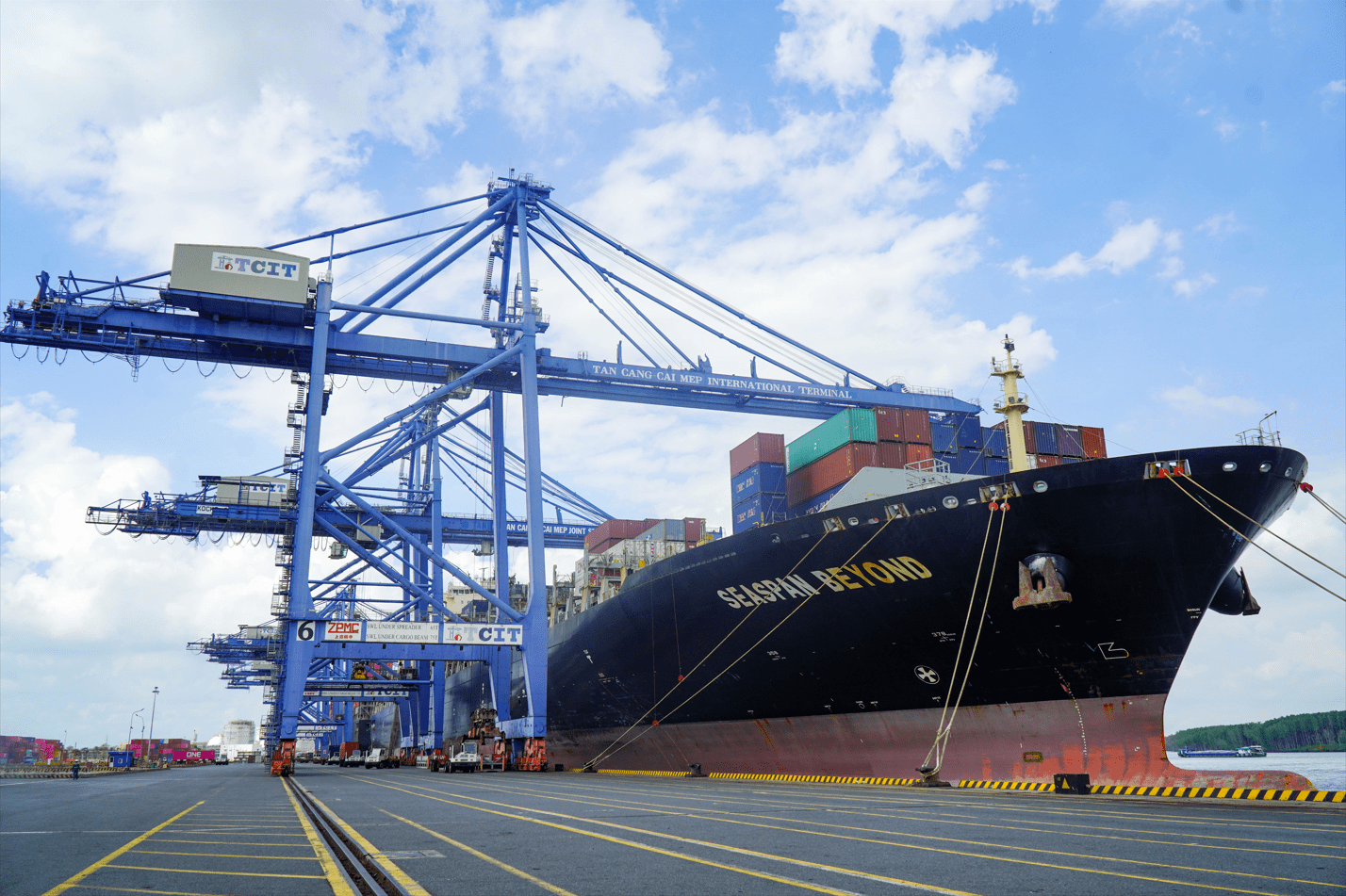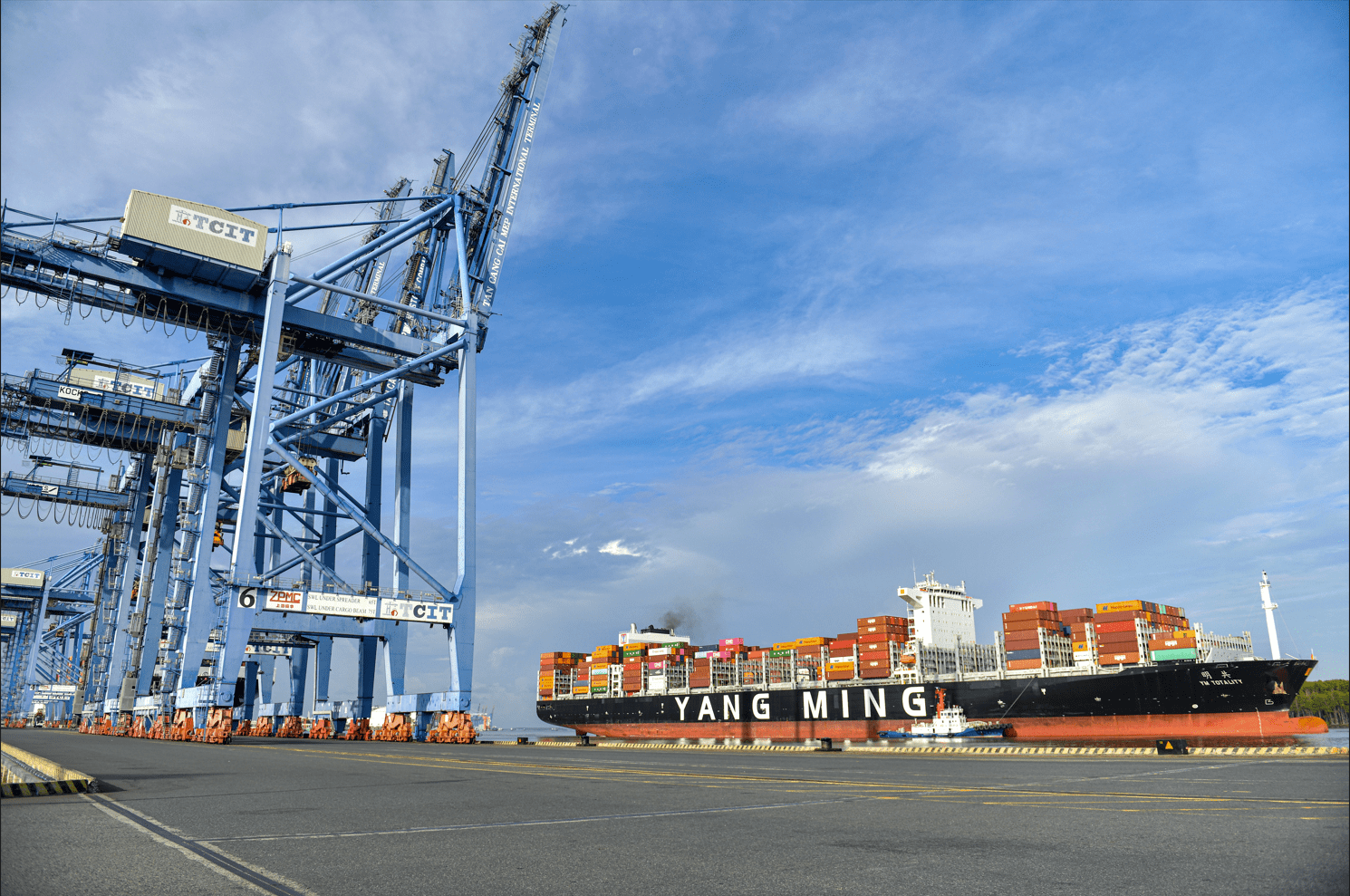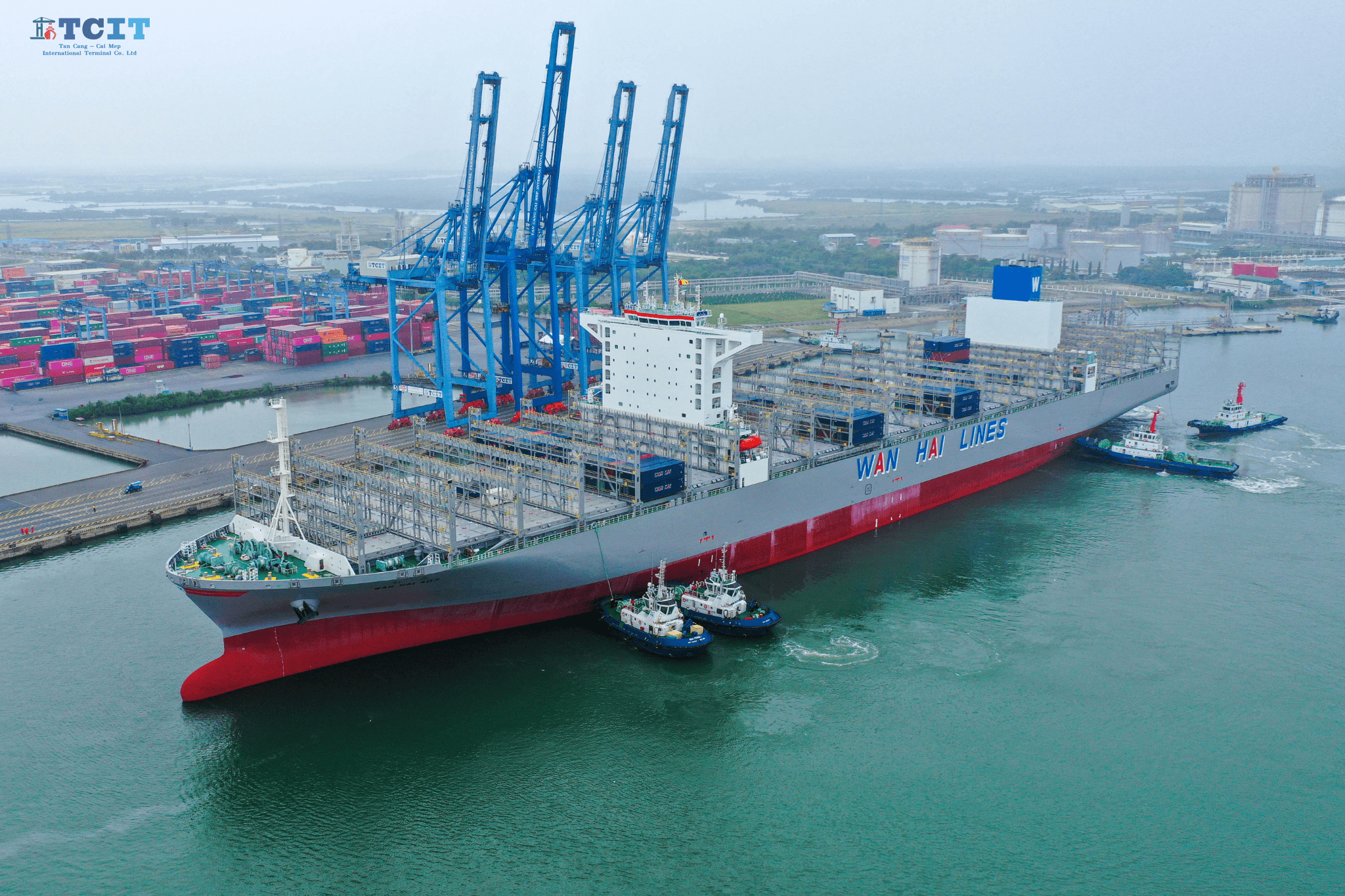Update: Fire-Stricken Yantian Express Heading for Freeport, Bahamas
The fire-stricken containership Yantian Express will head for the Port of Freeport, Bahamas, Hapag-Lloyd, owner of the vessel said, citing the decision from salvage master from Smit.
“Once there, the recovery and assessment efforts of the cargo can proceed in a safer environment.
At present, the containership is approximately 1,250 nautical miles from the Bahamas and is expected to arrive in Freeport by next week. The Yantian Express currently sails with its own machine and in tug escort,” the company added.
“It is still not possible to make a precise estimate of any damage to the Yantian Express or its cargo. Hapag-Lloyd is working in close cooperation with all relevant authorities.”
The fire broke out in one of the containers on the ship’s deck on January 3, while the 7,510 TEU boxship was on its way from Colombo to Halifax, spreading to additional containers. The ship’s crew was evacuated after the fire aboard the vessel increased in intensity.
Based on the latest update from the German liner, the fire has been widely contained. Five of the ship’s crew members have returned to the stricken ship.
“The remaining salvage operations have made considerable progress,” according to Hapag-Lloyd.
OCEAN Alliance to revise global network
Set to launch in April, the network will involve the deployment of about 330 containerships with a carrying capacity of around 3.8 million TEUs across 38 services.
Members of the OCEAN Alliance - a space sharing agreement between liner carriers CMA CGM, Evergreen Line, COSCO Shipping and Orient Overseas Container Line (OOCL) - have agreed to extend their cooperation through 2027 while announcing revisions to the network that will take effect in April 2019.
When the OCEAN Alliance was formed in 2017, its members said it would have a five year-life, with an option for a five-year extension. CMA CGM said the decision at a meeting in Hainan, China this week to confirm the 10-year duration of the partnership "reflects the trust and high-quality working relationship" between the members.
Meanwhile, the OCEAN Alliance's revised network taking effect in April will involve the deployment of approximately 330 containerships with a carrying capacity of around 3.8 million TEUs on 38 services. CMA CGM said it will operate 111 of the ships.
Data from BlueWater Reporting’s Capacity Report shows the OCEAN Alliance currently deploys 319 containerships with a carrying capacity of around 3.52 million TEUs on 35 services.
CMA CGM referred to the OCEAN Alliance's upcoming revisions to its service network as its "Day 3" product; it called the revisions made in the spring of 2018 the "Day 2" offering.
The OCEAN Alliance’s revised network will include:
- The OCEAN Alliance’s revised network will include:
- 19 services in the transpacific, with 12 to the West Coast of North America and seven to the East Coast of North America;
- Seven services between Asia and North Europe, one more than today;
- Four services between Asia and the Mediterranean;
- Two transatlantic services linking North Europe to the East Coast of the United States and the Gulf of Mexico, with COSCO offering a third transatlantic service that will not be part of the Ocean Alliance;
- Four services between Asia and the Middle East;
- And two services between Asia and ports on the Red Sea.
"This new agreement with our Asian partners will enable us to propose to our customers an unrivaled and competitive service offering. It is a milestone in our development strategy," said Rodolphe Saadé, chairman and chief executive officer of the CMA CGM Group.
Details, including port rotations, are posted on the COSCO Shipping website.
CMA CGM and OOCL reportedly ordering containerships
More than 1 million TEUs will be delivered in 2019 and 2020, according to forecasts.
There are reports this week that CMA CGM and OOCL are planning to order large containerships.
Splash247 quotes a weekly report from Braemar ACM shipbroking as saying CMA CGM is ordering 10 15,000-TEU ships from Hudong-Zhonghua and Shanghai Waigaoqiao Shipbuilding, both part of China State Shipbuilding Corporation.
CMA CGM officials declined to confirm the deal when contacted by American Shipper.
Loadstar said rumors “have been recently circulating in the industry that COSCO subsidiary OOCL is about to place an order at a Chinese yard for six 23,000-TEU LNG-ready ULCVs (ultra large container vessels).”
The reports follow an article by Drewry in its Container Insight Weekly that says 26 containerships with at least 18,000-TEU capacity were delivered to carriers in 2018 with aggregated capacity of 525,500 TEUs. Drewry there were confirmed deliveries of ULCVs that will add container capacity of 460,000 TEUs in 2019 and 620,000 TEUs in 2020.
Splash247 quotes a weekly report from Braemar ACM shipbroking as saying CMA CGM is ordering 10 15,000-TEU ships from Hudong-Zhonghua and Shanghai Waigaoqiao Shipbuilding, both part of China State Shipbuilding Corporation.
CMA CGM officials declined to confirm the deal when contacted by American Shipper.
Loadstar said rumors “have been recently circulating in the industry that COSCO subsidiary OOCL is about to place an order at a Chinese yard for six 23,000-TEU LNG-ready ULCVs (ultra large container vessels).”
The reports follow an article by Drewry in its Container Insight Weekly that says 26 containerships with at least 18,000-TEU capacity were delivered to carriers in 2018 with aggregated capacity of 525,500 TEUs. Drewry there were confirmed deliveries of ULCVs that will add container capacity of 460,000 TEUs in 2019 and 620,000 TEUs in 2020.
Simon Heaney, senior manager of container research at Drewry said that "Aside from delays/cancellations to existing contracts, deliveries from the orderbook are pretty much fixed for the next two years due to the build time required."
As a result, if the reported CMA CGM and OOCL materialize, Heaney thought they would be slated for late-2021 or 2022 delivery.
He noted that there will be a need for new ships for 2021-22 onwards, particularly if scrapping intensifies as expected, but the real risk from such deals as HMM and Cosco’s is that they will trigger copy-cat reactions from other lines that will tip the balance. For the time being, I retain the view that most other lines have moved on from ULCVs and will focus investment elsewhere, such as trying to capture more of the supply chain. If I’m wrong and there is another arms race, the industry will inevitably suffer – something I think most sensible carriers are fully aware of," he said.
Drewry had said its view was that “the amount of ULCVs arriving over the next few years is an unwanted legacy from a period when carriers were overconfident in the market and possibly misguided in the benefits those ships offer. Nonetheless, we believe they will be able to mitigate the capacity inflation by delaying deliveries and slowing services.”
It noted that Maersk and MSC are planning to introduce six extra ships into 10 of their services between Asia and North Europe or Asia and the Mediterranean.
Drewry observed, “By adding more ships onto the same number of services (there will, however, be a net reduction of eight port calls in the network) the carriers said they will be able to improve schedule reliability by adding ‘extra operational buffer.’
“The decision to slow ships down is probably also motivated by a desire to reduce ship fuel consumption in light of the anticipated higher bunker costs associated with IMO 2020, but nonetheless it will enable more ships to be entered into the trade without adversely hiking up capacity,” it added.
OOCL: No Plan to Order New Ships at the Moment
Hong Kong-based container shipping and logistics service company Orient Overseas Container Line Limited (OOCL) doesn’t plan to order any new ships at the moment.
Stephen Ng, Director of Trades at OOCL, said this in a statement to World Maritime News when asked about the rumored 23,000 TEU sextet order.
Namely, various maritime media reports said earlier this week that OOCL was readying to order six LNG-ready 23,000 TEU containerships, following the completion of the sale of the Long Beach Container Terminal.
“Our company is constantly reviewing capacity requirement. There is no plan to order new ship at this moment,” Stephen Ng said.
The terminal divestment is being pursued by COSCO Shipping Holdings’ as part of its USD 6.3 billion takeover of Orient Overseas International Limited (OOIL), a concession required by the U.S. regulators in order to clear the merger.
OOIL’s shipping arm OOCL holds a 40-year concession to operate the facility at the Port of Long Beach, which is one of the biggest gateways for imports into the US.
COSCO and Shanghai International Port (Group) concluded the acquisition of OOIL’s shares on July 13, 2018. The merger will provide for a combined fleet of 400 vessels, with capacity exceeding 2.9 million TEUs including orderbook, Drewry’s data shows.
The two companies will keep separate listing, branding, management and staff of COSCO and OOIL.
OOCL took delivery of the sixth and the last in a series of the company’s 21,000+ TEU class ultra large container vessels (ULCVs) in January 2018. The 21,413 TEU boxships, OOCL Japan, OOCL Indonesia, OOCL Scandinavia, OOCL United Kingdom, OOCL Hong Kong and OOCL Germany, have been deployed on OOCL’s Asia-North Europe Loop 1 (LL1) trade lane.
The company has no newbuids on order, according to the data from VesselsValue.
Source: World Maritime News; American Shipper
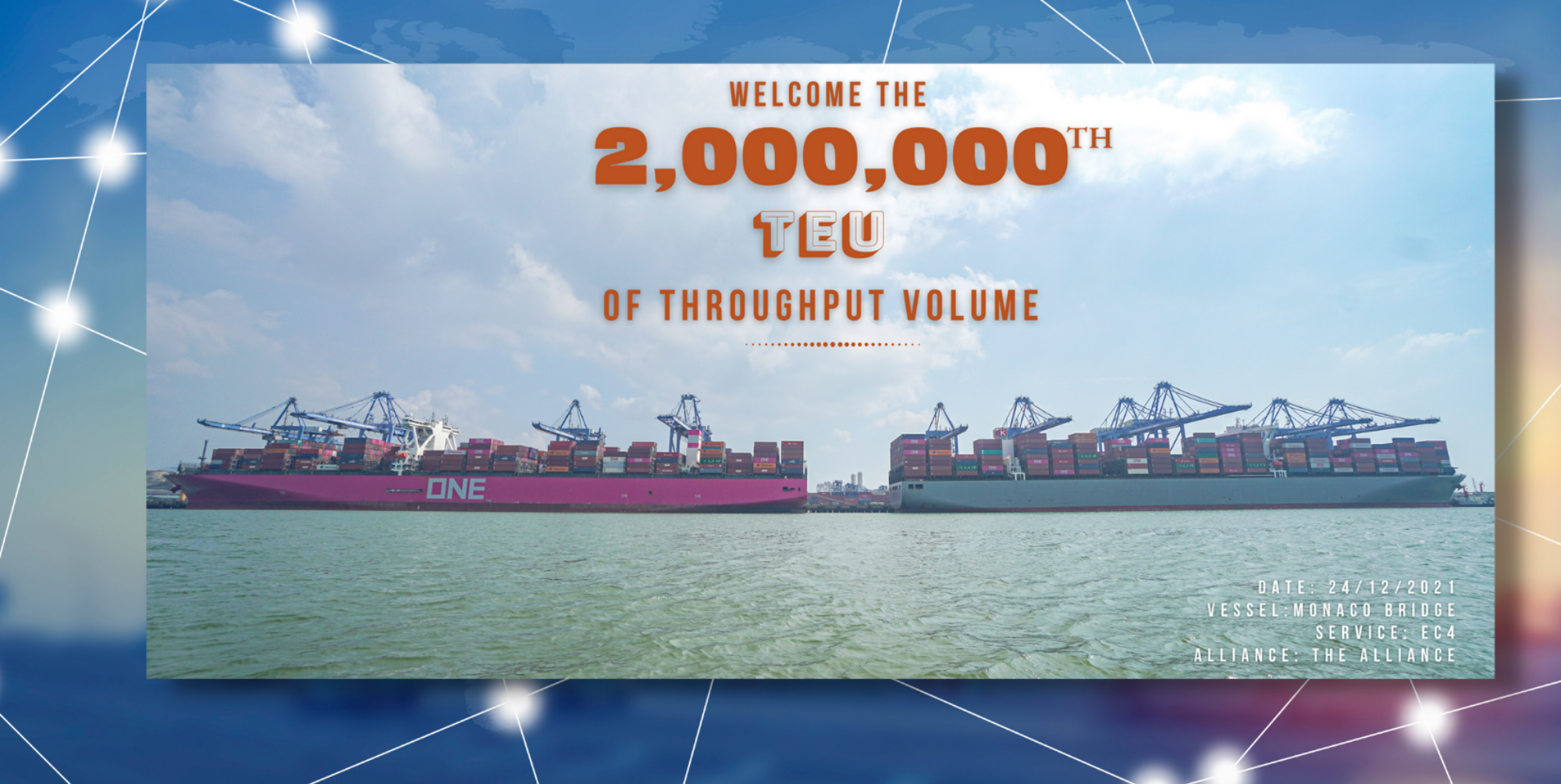
.png)

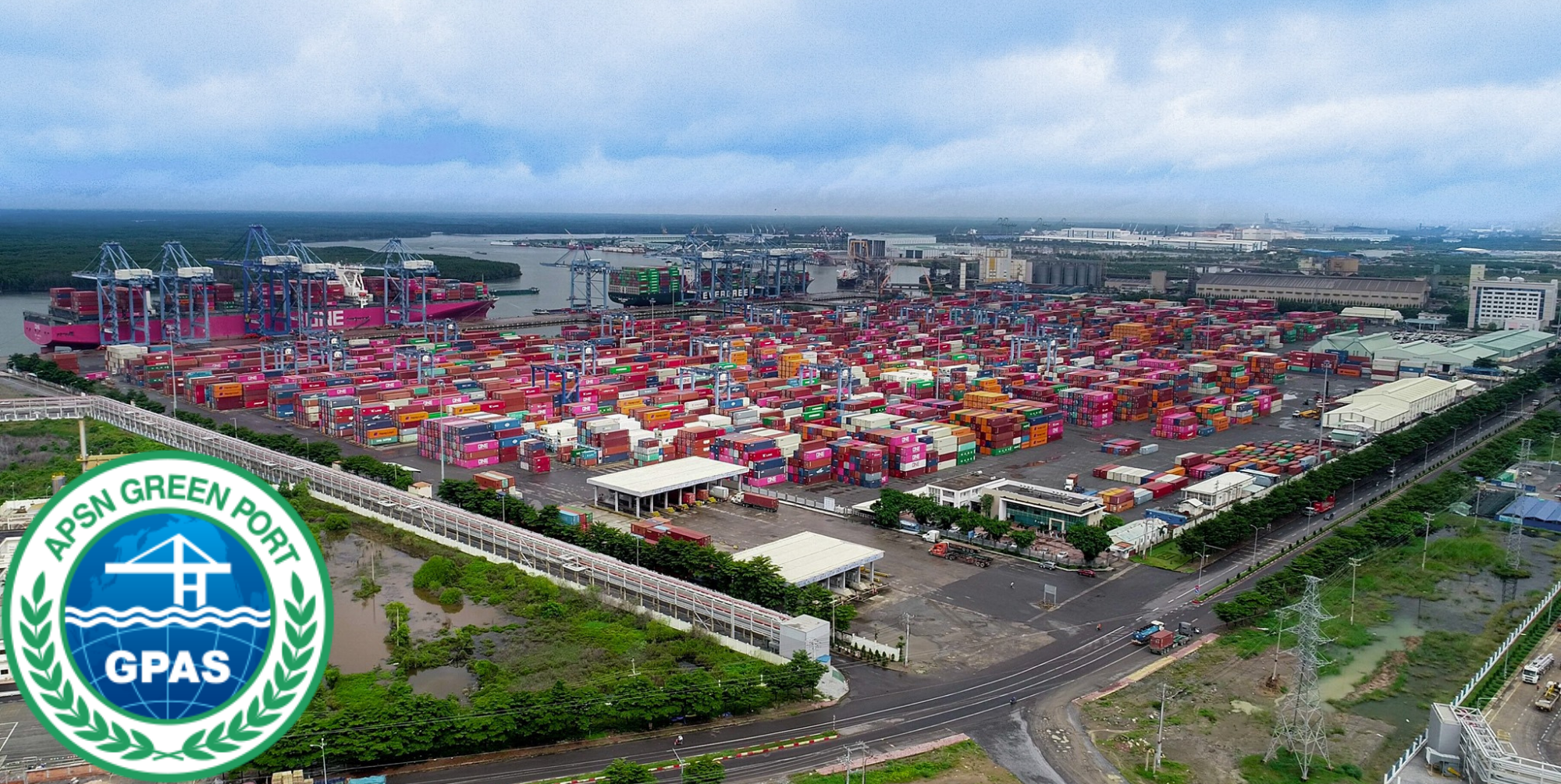

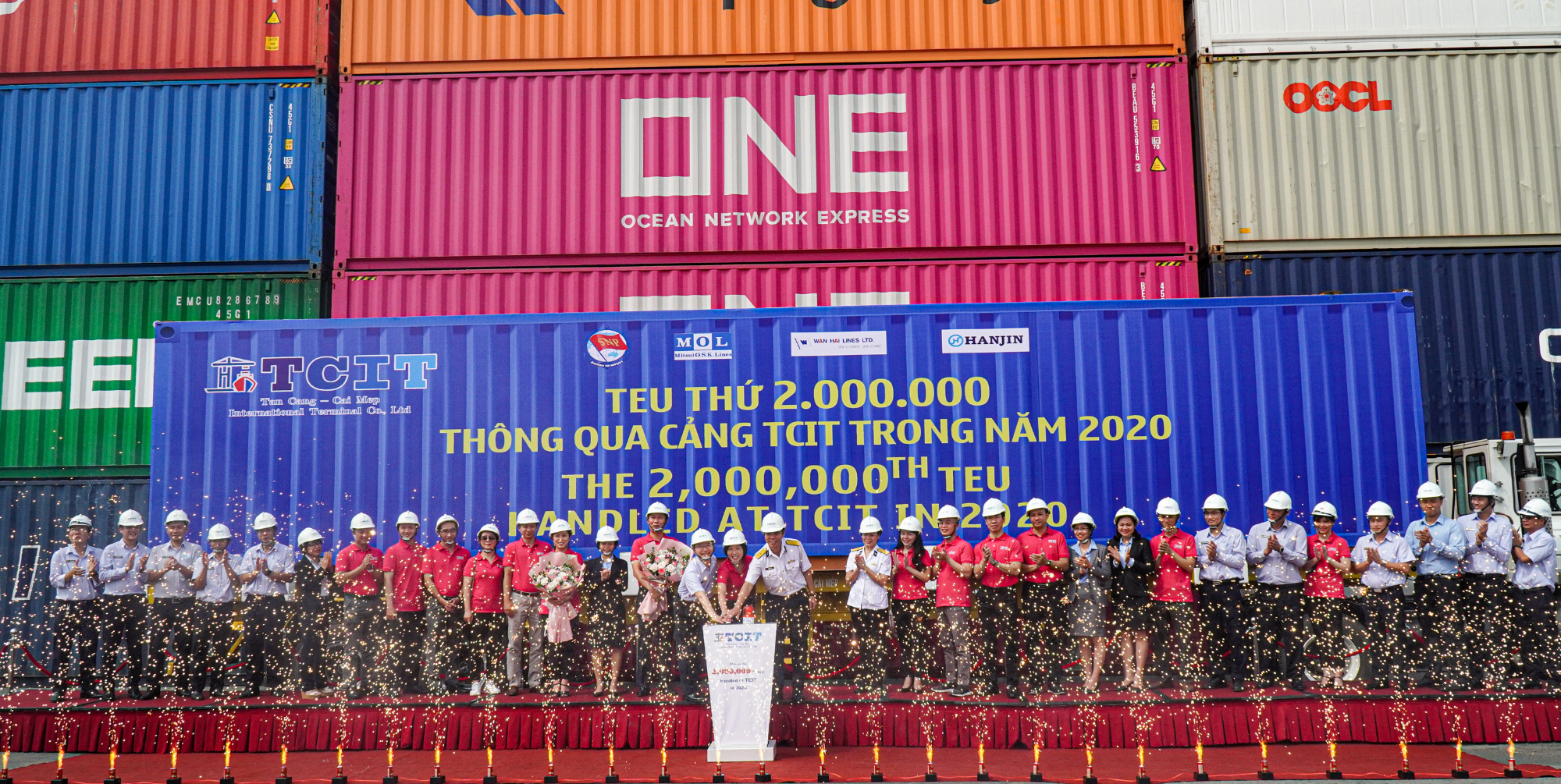
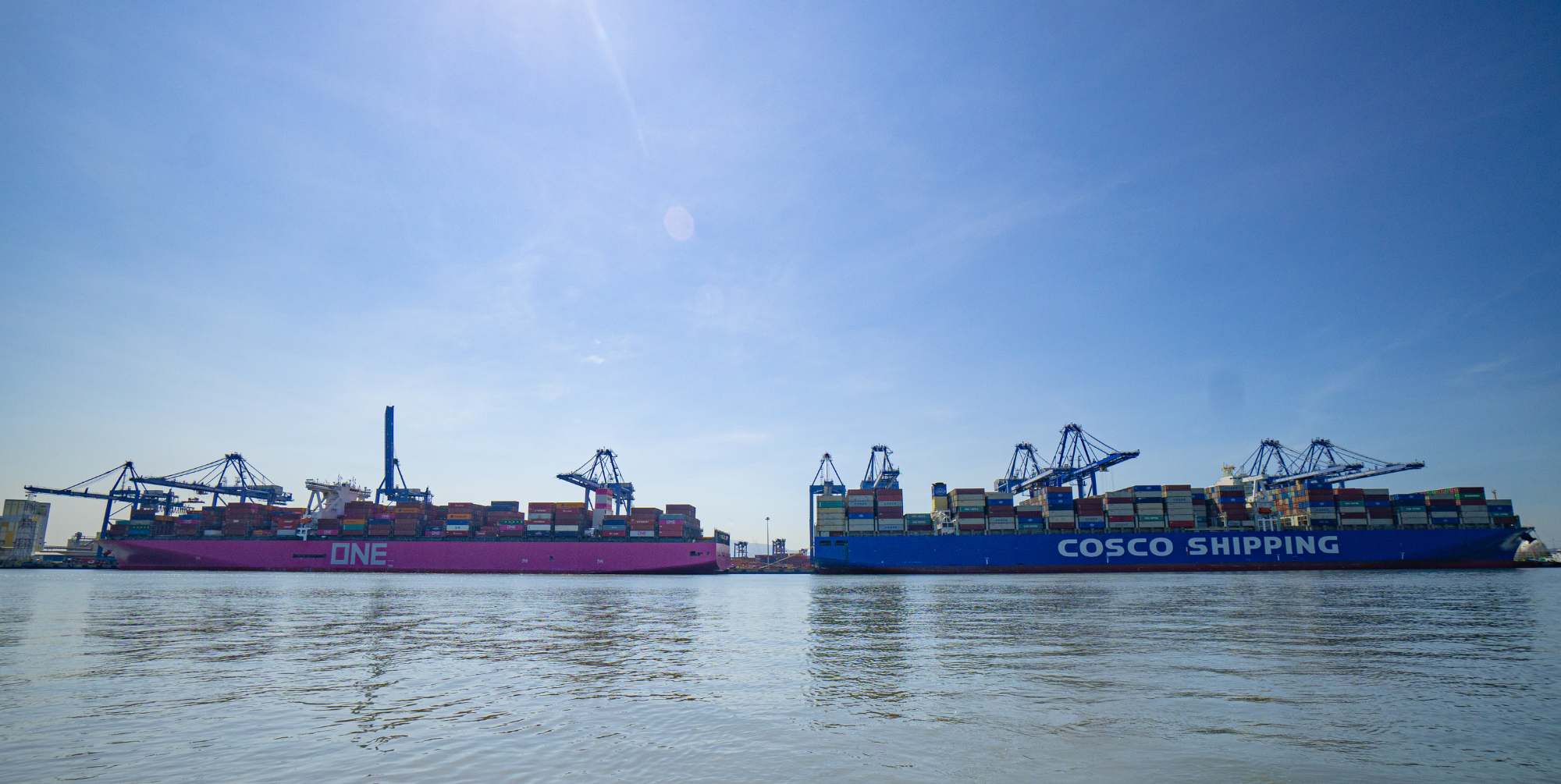
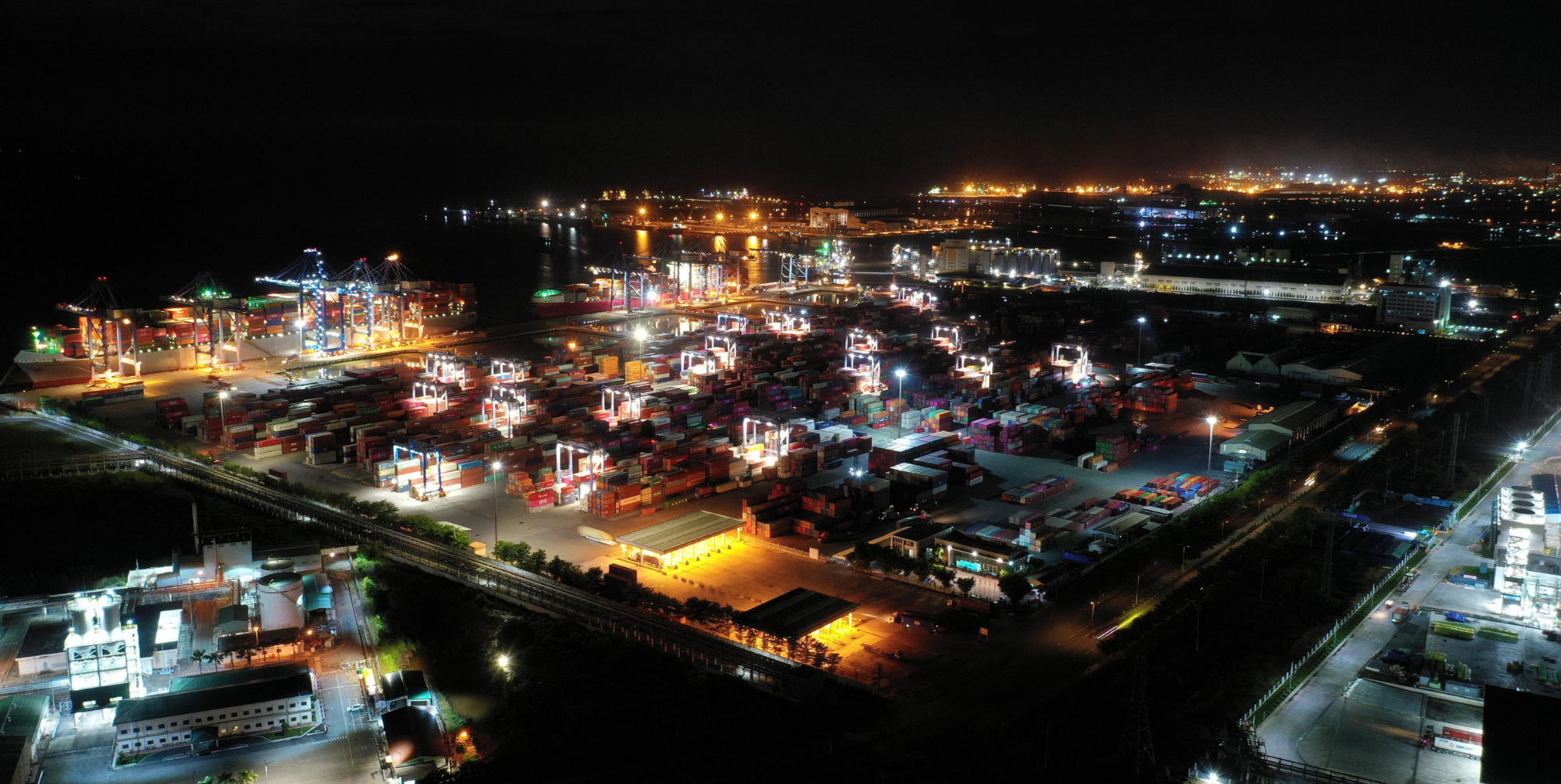
.jpg)
